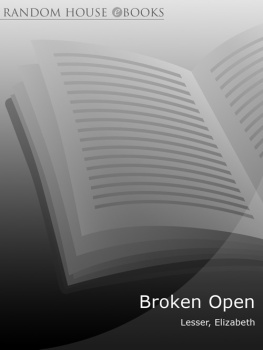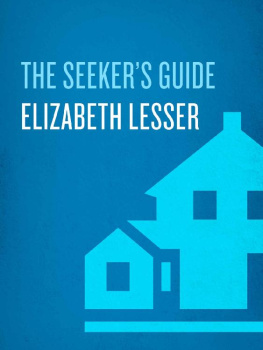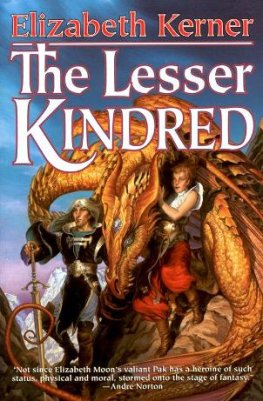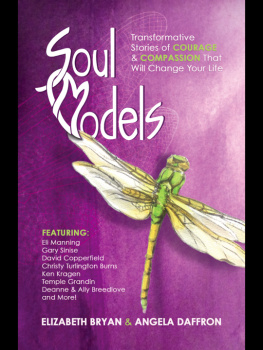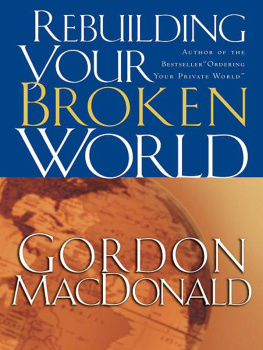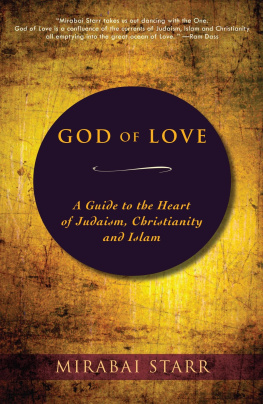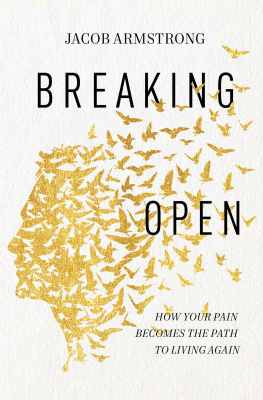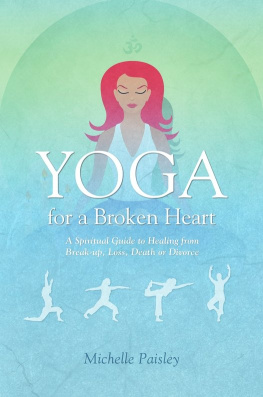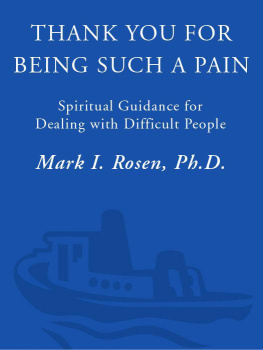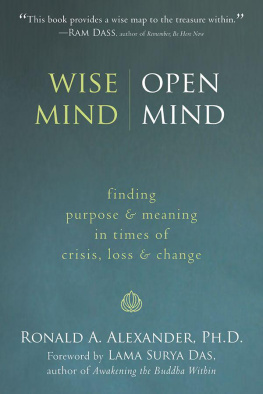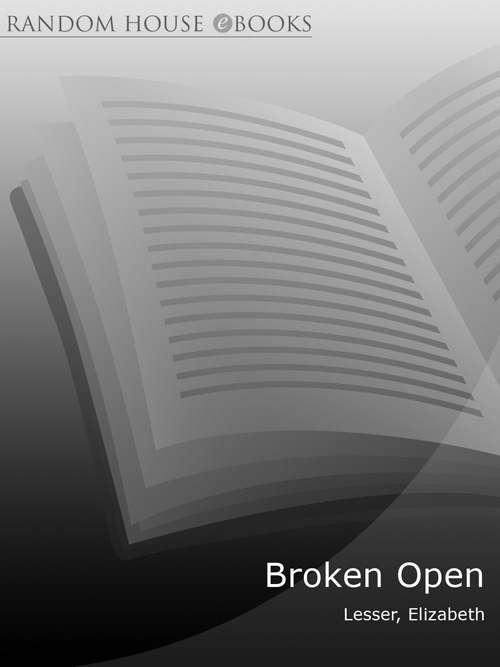
Broken
Open
How Difficult Times
Can Help Us Grow
Elizabeth Lesser

RIDER
LONDON SYDNEY AUCKLAND JOHANNESBURG
This eBook is copyright material and must not be copied, reproduced, transferred, distributed, leased, licensed or publicly performed or used in any way except as specifically permitted in writing by the publishers, as allowed under the terms and conditions under which it was purchased or as strictly permitted by applicable copyright law. Any unauthorised distribution or use of this text may be a direct infringement of the authors and publishers rights and those responsible may be liable in law accordingly.
Version 1.0
Epub ISBN 9781407060989
www.randomhouse.co.uk
1 3 5 7 9 10 8 6 4 2
Copyright 2004 by Elizabeth Lesser
Elizabeth Lesser has asserted her right to be identified as the author of this work in accordance with the Copyright, Designs and Patents Act, 1988.
All rights reserved. No part of this publication may be reproduced, stored in a retrieval system, or transmitted in any form or by any means, electronic, mechanical, photocopying, recording or otherwise, without the prior permission of the copyright owner.
First published in 2004 by Villard Books, an imprint of Random House Inc., USA This edition published in 2004 by Rider, an imprint of Ebury Press, Random House, 20 Vauxhall Bridge Road, London SW1V 2SA www.randomhouse.co.uk
Random House Australia (Pty) Limited 20 Alfred Street, Milsons Point, Sydney New South Wales 2061, Australia
Random House New Zealand Limited 18 Poland Road, Glenfield Auckland 10, New Zealand
Random House (Pty) Limited Endulini, 5A Jubilee Road Parktown 2193, South Africa
The Random House Group Limited Reg. No. 954009
Book design by Lee Fukui
Papers used by Rider are natural, recyclable products made from wood grown in sustainable forests.
Printed and bound by Mackays of Chatham plc, Chatham, Kent
A CIP catalogue record for this book is available from the British Library
ISBN 1844135616
Contents
The Call of the Soul
The Phoenix Process
The Shaman Lover
Children
Birth and Death
The River of Change
For my husband, Tom
About the Author
Elizabeth Lesser is the co-founder of the Omega Institute in Rhinebeck, New York (www.eomega.org), which offers conferences and workshops attended by 20,000 people a year, and she has been a director and teacher at that organization. Formerly a midwife, she attended Barnard College and San Francisco State University and now lives in the Hudson Valley with her husband and three sons. She is the author of The Seekers Guide and The New American Spirituality, and can be reached at elizabethlesser@aol.com.
ALSO BY ELIZABETH LESSER
The Seekers Guide
(Originally published as The New American Spirituality)
Prelude

And the time came when the risk to remain tight in a bud
was more painful than the risk it took to blossom.
A NAS N IN
S OME YEARS AGO , I took a trip to the city of Jerusalem, where centuries are layered in stones, and streets are carved into the layers, twisting and turning in haphazard patterns that divide and connect neighborhoods, markets, mosques, temples, and churches. One morning in that broken city, I sat alone on a well-worn wall at the base of the Mount of Olives. The day was moving forward with the kind of determination that comes from people with places to go and things to do. Religious pilgrims pushed past each other into the gates of the holy city. Men and women made their way to work and market; children ran past them to school. But I had nowhere to go.
The group I was traveling with in Jerusalem had risen early for the days planned itinerary. Id stayed behind. I could no longer keep up the charade that I was part of their adventure: I wasnt here to visit sacred sites, or to walk the Stations of the Cross, wail at the Western Wall, or chant the Ninety-nine Names of Allah. No, I was here to further delay making a decision about my life at home. I had come to Jerusalem only because my friend, who was leading the trip, was worried enough about me to pay my farewhich worried me enough to fly halfway around the world to a city as mixed up as myself. Now I was here, but really I was still back there, at home in New York, scared and confused about my crumbling marriage.
Wandering deeper into the walled Old City, I came to an ancient alleyway lined with shops selling religious artifacts for the Western pilgrim. Normally I would veer away from these kinds of stores. Inspirational sayings stitched in needlepoint or Virgin Mary coffee mugs seemed no different to me than those velvet Elvis paintings you see at flea markets. But I needed help. I needed inspirationeven from a coffee cup, or an embroidered pillow, or from Elvis himself.
One narrow, dusky shop appealed to me, and I went in. On the floor was a patchwork of Persian rugs. On the walls hung small paintings, some of saints and prophets, others of mountains and flowers. Was this a gallery? A rug store? A gift shop? I couldnt tell. In the back of the long room, drinking tea at a low table, sat two Arab men dressed in white caftans. One was a stooped and aged gentleman, and the otherhis son perhapswas a mysterious-looking character with gleaming eyes and long, black hair like the mane of a well-groomed horse. After a while the son put down his tea and came forward to greet me. Fixing his gaze on me, as if trying to read the secrets of my heart (or the contents of my purse), he said in perfect English, Come, you will like this picture. Taking my hand, he led me around piles of rugs to the back of the store, near where his father was sitting.
The old man stood and shuffled over to meet me. He placed his right hand on his heart and bowed his head in the traditional Islamic greeting. Look, he said, pointing at a small painting hanging on the wall. He touched my arm with the kindness of a grandfather. See the rose? he asked, turning me toward the picture. There, framed in dark wood, was the ethereal image of a rosebud, with shimmering, pale petals holding one another in a tight embrace. Under the flower was an inscription that read:
And the time came when the risk to remain tight in a bud
was more painful than the risk it took to blossom.
Unexpected tears stung my eyes as I read the words. The two men hovered around me, more like bodyguards than salesmen. I turned away from them, hiding my face in the shadows. I was afraid that if the old man showed me one more ounce of mercy I would break down in a strangers store, thousands of miles from home.
What is wrong? the long-haired man asked.
Nothing is wrong, I said. Im fine.
No, something is wrong, the man said. You are in pain.
What do you mean? I asked, suspicious yet curious. Was he a con man, trying to sell me the painting, or was my heartache that palpable, my story so easily read? I felt exposed, as if the long-haired man was a spy of the soul who knew all about my marriage, my two little boys, and the crazy mess my husband and I had made of our life together.
What do you mean? I asked again. I looked at the men. They stared back at me. We stood in silence, and then the long-haired man repeated, You are in pain. Do you know why?

